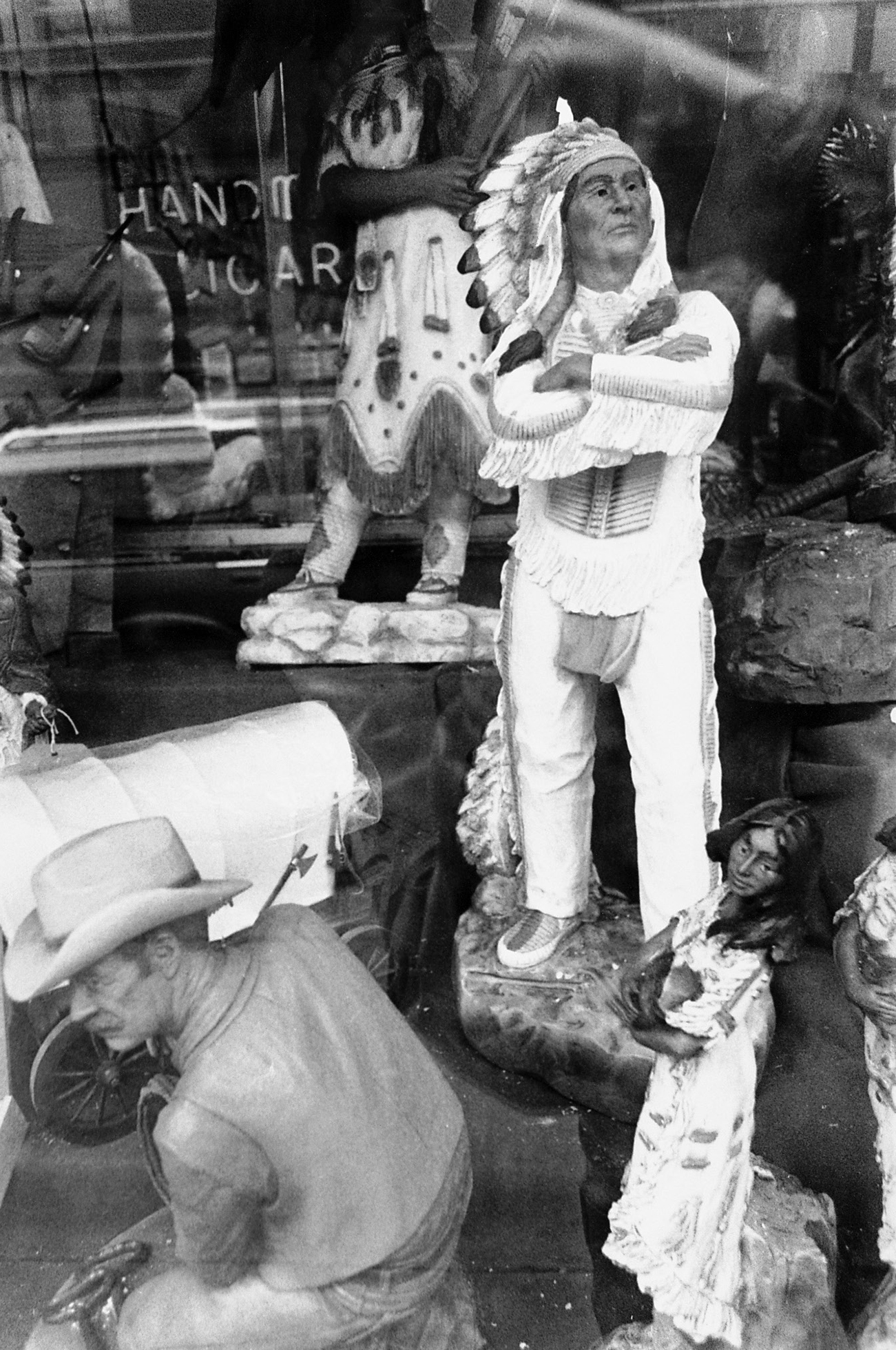This selection is available to active subscribers only.
Already a subscriber? Sign in.

What’s Howard Zinn’s point [“Stories Hollywood Never Tells,” July 2004]? Of course Hollywood isn’t candid about American history. Of course Hollywood places profit “before art, before aesthetics, before human values.” Why bother pining for a world in which Hollywood’s priorities are reversed? Life would be great if beer weren’t fattening, too, but no amount of wishing is going to make it so.
Zinn’s essay also ignores the fact that when a reform movement tries to co-opt a previously hostile or indifferent system — such as the movie industry — the movement changes as much as the system, if not more. It’s debatable whether the made-for-TV version of Christianity is on balance more Christian or more commercial. If your only knowledge of Christianity came from TV, you’d likely think Jesus is an imaginary friend who wants you to live a comfortable, middle-class life. Why expect that real American history would fare any better at the hands of Hollywood than Christianity has under the auspices of television?
The stories Zinn cites — the Sand Creek Massacre (committed by the Colorado militia, and not the United States Army, as he writes), the Ludlow Massacre, and others — have been told, and told well, in books. They are there for anyone who wants to take the trouble to read them, rather than wait for them to be served up at a movie theater. If you want American history to come with popcorn and a Coke, you’re going to get more junk food than truth.
The problem isn’t the message Hollywood sends; the problem is Hollywood itself. Marshall McLuhan was right: the medium is the message. If you want proof, tune in to Air America Radio. In the limited time I’ve spent listening to it, it has been just as shrill, just as unreasonable, and just as incapable of convincing anybody as right-wing radio. If we expect to build a progressive democracy, we won’t do it by employing the same methods used to promote a passive, consumerist society.